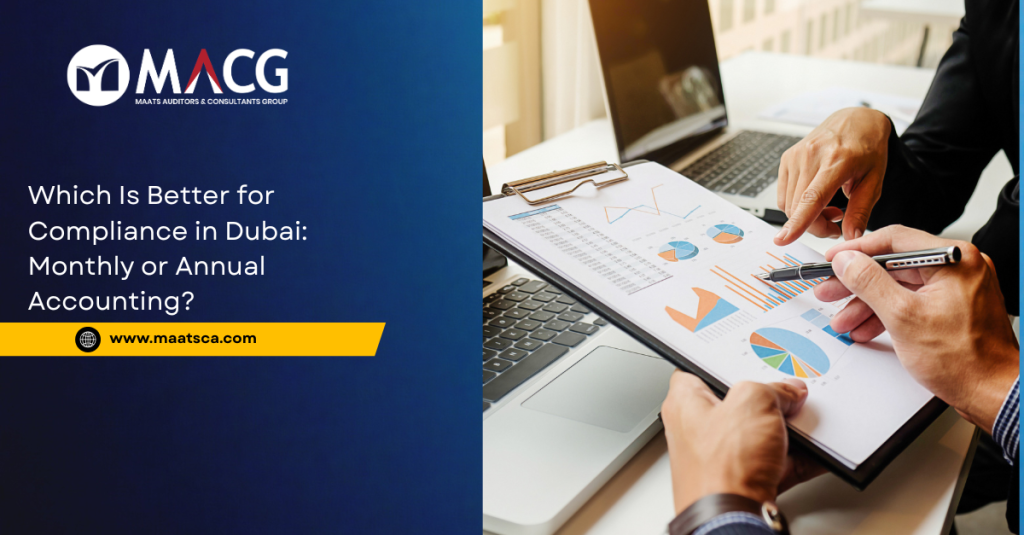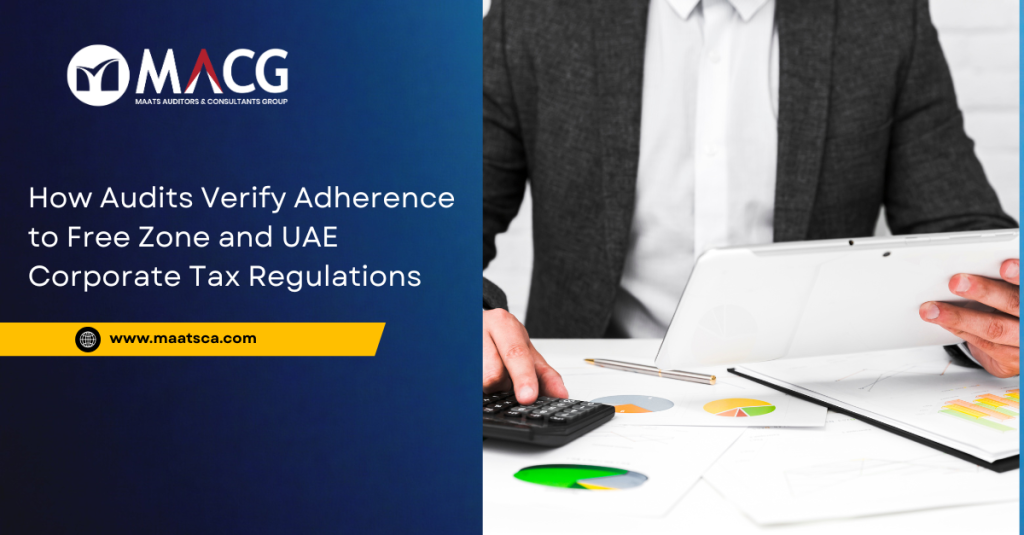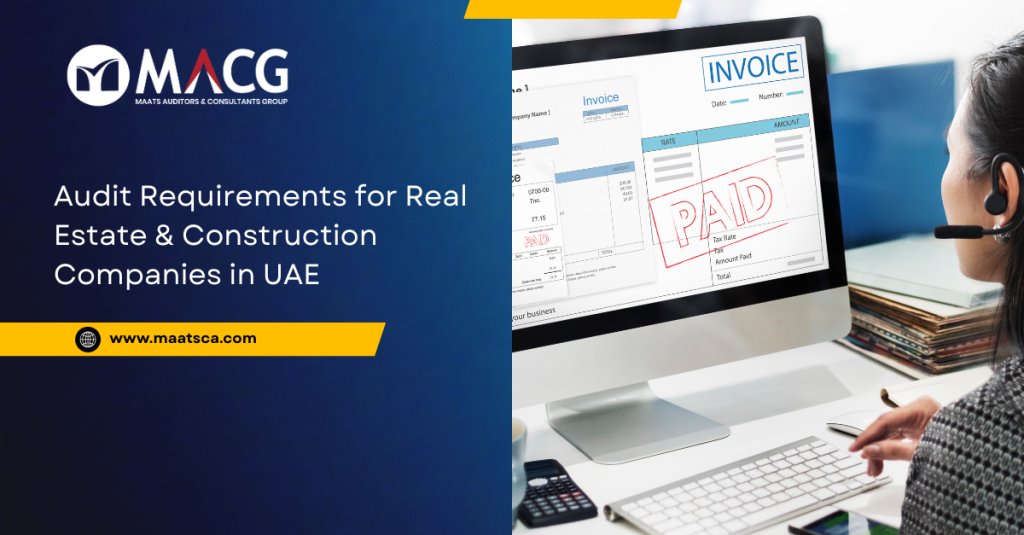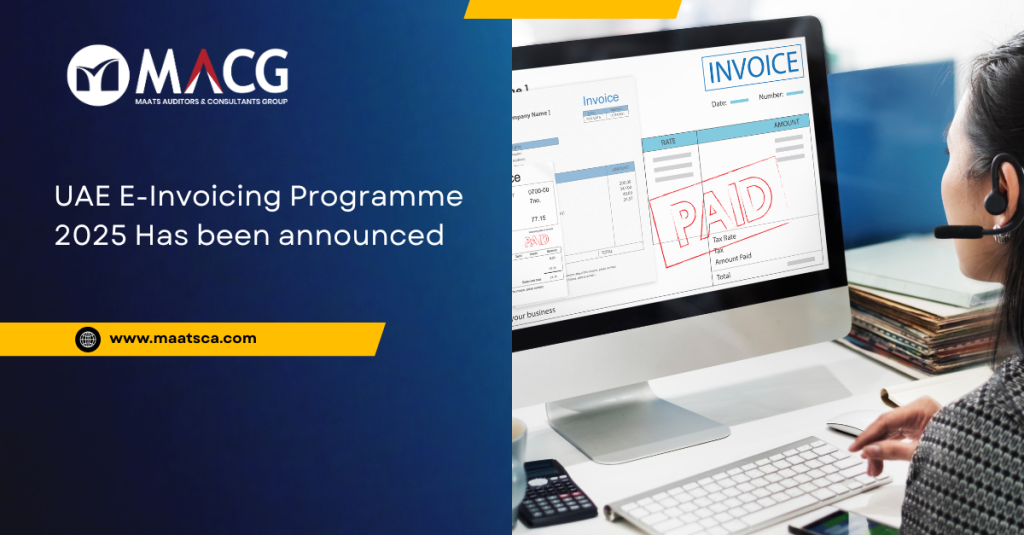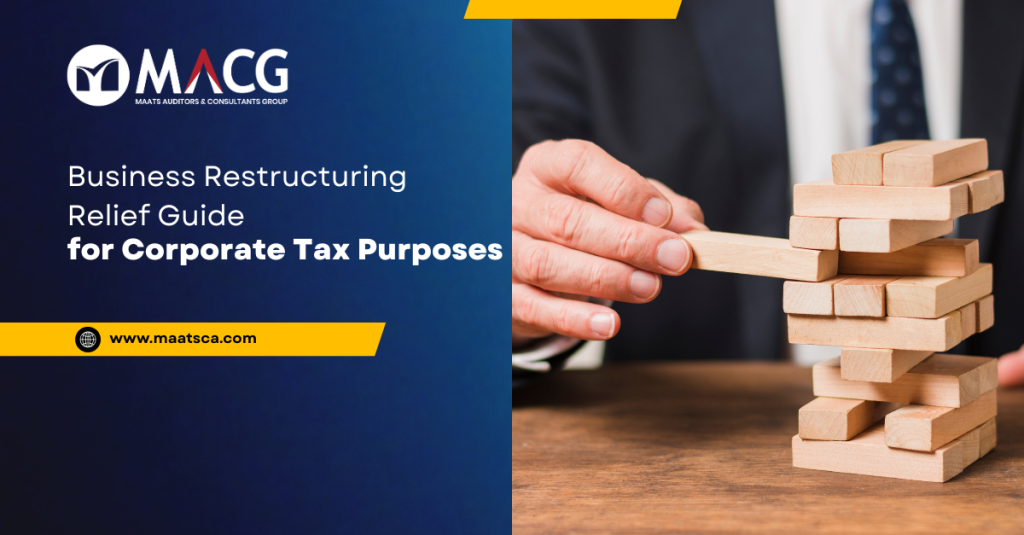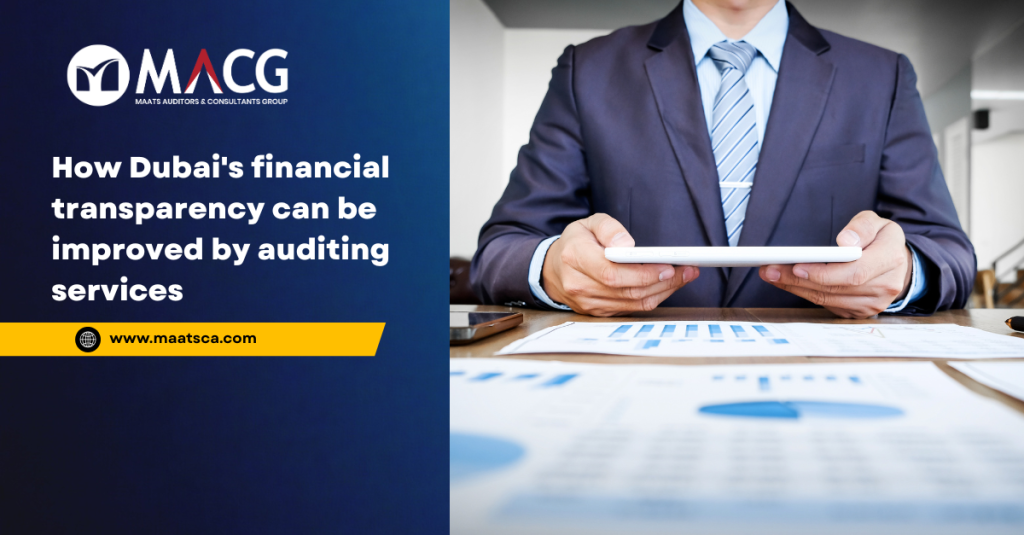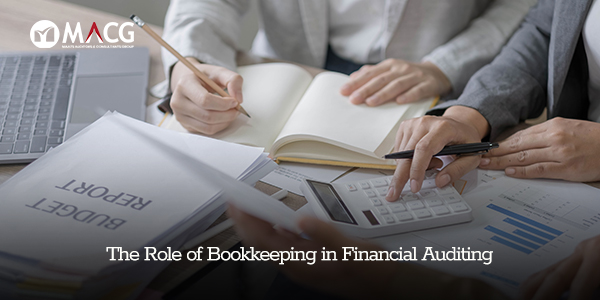Which Is Better for Compliance in Dubai: Monthly or Annual Accounting?
Heavy fines or unexpected audits may result from breaking accounting rules. Maintaining compliance is essential in the current business environment in the UAE. Many firms are debating whether monthly or annual accounting is preferable for compliance in Dubai now that VAT and corporate tax have been implemented. Selecting the appropriate accounting technique might help you avoid fines and reduce your audit risk. The advantages of monthly and annual accounting for complying with Federal Decree Laws in the United Arab Emirates, adhering to Federal Tax Authority regulations, and utilizing best practices from leading accounting companies in Dubai are covered in this guide. In the United Arab Emirates, what is accounting? Maintaining general ledgers, creating financial statements, controlling accounts payable and receivable, processing payroll, and creating tax returns are just a few of the many financial tasks that fall under the umbrella of accounting in the United Arab Emirates. Why Is Accounting Compliance Important for UAE Companies? Businesses operating in Dubai are required to abide by particular accounting and tax regulations imposed by the UAE government and overseen by the Federal Tax Authority (FTA). The primary guidelines originate from: Why Is Accounting Compliance Important for UAE Companies? Businesses operating in Dubai are required to abide by particular accounting and tax regulations imposed by the UAE government and overseen by the Federal Tax Authority (FTA). What Is the True Distinction Between Annual and Monthly Accounting? The frequency of updating your financial records—rather than the content of the reports—is the primary distinction between monthly and annual accounting. You create records at the end of the year while using yearly accounting. Keeping up with bookkeeping, reconciliations, and evaluations throughout the year is possible with monthly accounting. In order to maintain compliance, many companies in Dubai are increasingly opting for monthly accounting services. Businesses in the UAE also employ quarterly accounting in addition to this. To update, examine, and finalize your financial records every three months rather than monthly or only at year-end is known as quarterly accounting in the United Arab Emirates. Consider it a compromise between annual and monthly accounting. Why Is Monthly Accounting Preferred by Many Dubai Businesses? Monthly accounting is recommended by many of Dubai’s leading accounting firms. Despite not being mandated by law, it assists companies in meeting their compliance requirements. 1. Timely filing and accuracy of VAT Businesses who are registered for VAT are required to file their returns by the 28th day after the end of the tax period, as stated in the FTA VAT Returns User Guide. The majority of businesses submit their VAT returns either quarterly, by the end of the month after the quarter, or monthly, by the end of the following month. Monthly accounting guarantees: VAT invoices are accurately documented. VAT for input and output is balanced. Errors are found prior to the due date. The possibility of fines under the Tax Procedures Law is significantly reduced as a result. Companies that employ Dubai’s monthly bookkeeping services are better equipped to handle regulatory inquiries and VAT audits. 2. Readiness for Corporate Taxes As per the 2022 Federal Decree-Law No. 47 Within nine months of the tax period’s conclusion, corporate tax returns must be submitted using IFRS-compliant financial statements. According to the FTA Accounting Standards Guide, failing to maintain records in accordance with IFRS may be illegal and result in fines. Monthly accounting enables companies to: Monitor your taxable revenue over time.Use accrual accounting appropriately. Steer clear of year-end changes that can draw regulatory attention Businesses that deal with cross-border transactions, manage VAT, or have many revenue streams would find monthly bookkeeping particularly beneficial. Monthly accounting can help retailers better handle their inventory changes and frequent sales. Regularly monitoring revenue and expenses aids in resource allocation and cash flow management for service businesses. E-commerce businesses receive real-time financial data that are essential for adhering to intricate tax and cross-border regulations, since they frequently deal with worldwide sales and several payment gateways. Which Companies Can Benefit from Annual Accounting? Annual accounting could be appropriate for: Inactive entities incredibly low-transaction companies According to Ministerial Decision No. 114 of 2023, entities with revenue under AED 3 million are eligible for cash-basis accounting. These companies must, however, continue to maintain proper documents and retain them for the duration specified by the Tax Procedures Law. The majority of Dubai’s accounting firms caution that busy enterprises may face increased compliance concerns if they solely use annual accounting. Businesses in Dubai rely on professional accountants to navigate the UAE’s evolving financial regulations, ensure accurate reporting, and maintain full compliance with VAT and corporate tax requirements. At MAATS Auditors and Consultant Group, we provide expert accounting, auditing, and advisory services tailored to the needs of startups, SMEs, and growing enterprises across Dubai and the UAE. Our team helps businesses maintain transparent financial records, optimize cash flow, reduce risks, and make informed strategic decisions that support long-term growth. By partnering with MAATS, companies gain not just compliance support, but a trusted financial partner dedicated to improving efficiency, strengthening governance, and driving sustainable business success.


